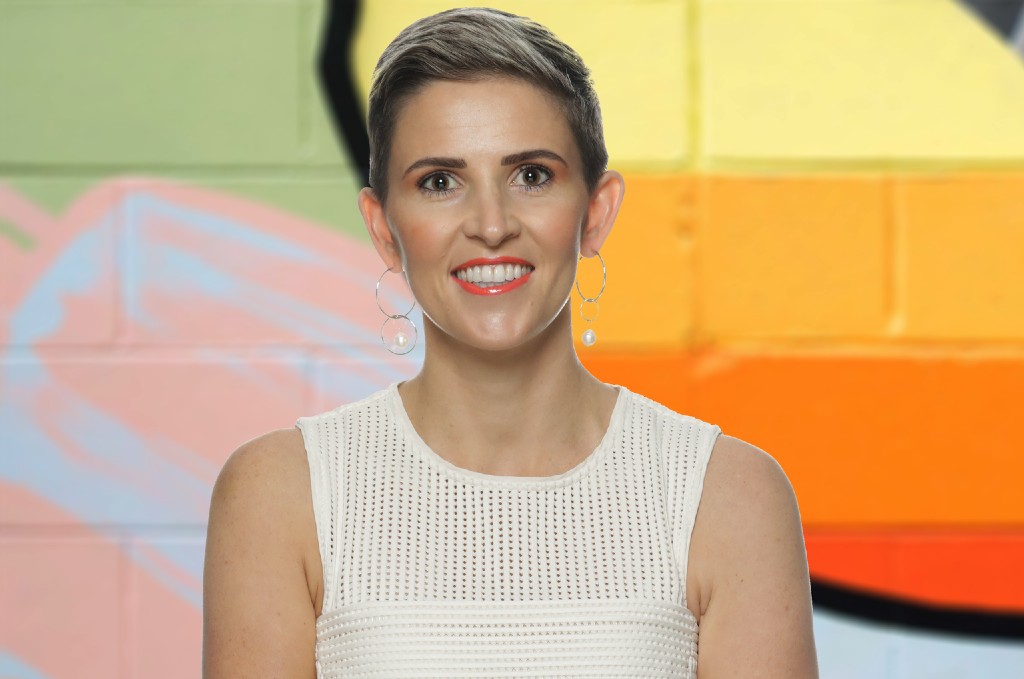Waste is the unnecessary enemy of small business.
Whether it’s time or money, business owners take an almost microscopic view of their books and their productivity, ensuring their business is working for them in all the right ways.
But increasingly in the past decade, businesses have dipped their toes into what being sustainable actually means – in every sense of the word.
If you’ve heard the term circular economy and brushed it off as a buzzword, you should consider this: University of Melbourne researchers say industries perceived as unsustainable are finding it harder to attract finance; have more trouble hiring the best talent; and are experiencing backlash from customers who want to feel good about the sustainable purchases they make.
It’s these realities – and the fact businesses are just better corporate citizens when they are sustainable – that Ashleigh Morris, the CEO of award-winning circular economy consultancy Coreo, says are vital for small businesses to recognise and act upon.

“If you come back to circular economy’s three core principles, that is the easiest way to understand what it’s all about,” she says.
“And if you follow those, you’re going to end up in a better place than you are today, and that’s irrespective of the size of business or type of business you have.”
The three core principles of circular economy
To get the simplest view of what it takes to enact circular economy in your business, Morris says it comes back to looking at three core areas:
- Designing out waste and pollution
- Keeping products and materials at their highest value for as long as possible
- Regenerating our natural systems
She says businesses can start by asking the right questions and realising the potential outcomes. Also it’s important to note that the outcomes aren’t just that your business becomes more environmentally friendly – there are cash savings and profits to be made for businesses that can see the opportunity.




























